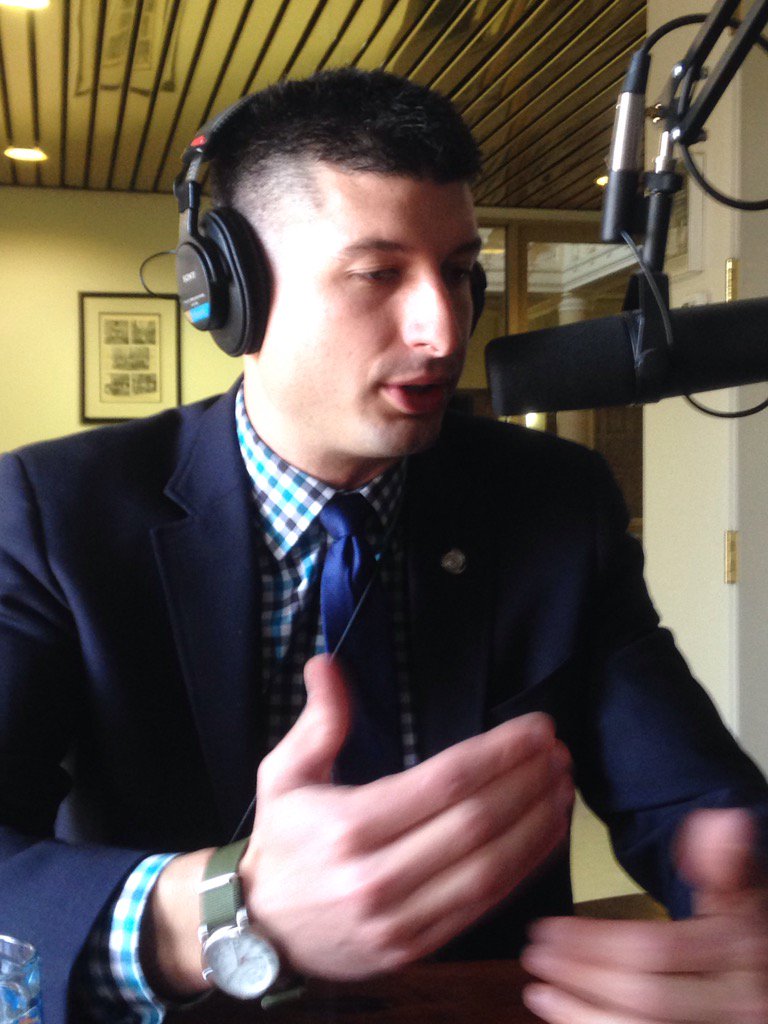Michigan Must Do Better By Its Vets, GOP And Democratic Lawmakers Agree
State lawmaker talks about what Michigan could be doing better for vets.


One thing many Democrats and Republicans can agree on at the state Capitol is that Michigan is failing to protect its veterans. Michigan has had one of the highest veteran unemployment rates in the country. And an audit this year found troubling conditions at the state’s veterans’ home in Grand Rapids. The report said allegations of abuse at the home went uninvestigated and that the facility was seriously understaffed, among other things.
Two Iraq War veterans now serving in the state Legislature are now working to turn things around for Michigan vets. State Sen. David Knezek (D-Dearborn Heights) and state Rep. Tom Barrett (R-Potterville) held a town hall meeting in Detroit last night to talk about veterans’ issues.
Detroit Today host Stephen Henderson speaks with Barrett about the meeting and what he thinks needs to happen going forward to do right by Michigan’s vets. He says he wasn’t surprised by what he heard at last night’s meeting.
“We had our pre-conceived notions just based on our own experiences of reintegrating back home and those of our peers that we served with,” says Barrett. “And we heard pretty much confirmation of that; that people struggle now when they come back home, that the economy in Michigan is beginning to stabilized and improve… but we haven’t dug ourselves out of that hole entirely, and we still have a lot of displaced veterans.”
Barrett says it seems like Americans show more respect for veterans now compared to when Vietnam War veterans came home. But he says outward expressions of appreciation don’t always translate to public support to address veterans’ most basic needs.
“Now we see people in the airport and say ‘thank you for your service,’ or we see people out on the street and we tell them that we appreciate what they do, we do parades and all these other things to really appreciate our veterans,” he says. “But I fear that only goes maybe surface-level deep, and it doesn’t really resolve the true issues that a veteran may be suffering from – whether that’s post-traumatic stress that could be unresolved, it could be a traumatic brain injury that they’re dealing with, it could be disability issues with the VA, getting in line, getting appropriate health care needs met, or it could be finding a stable job to support themselves and their families in a career moving forward when they cycle out of the military.”
To hear the full conversation, click on the audio link above.
